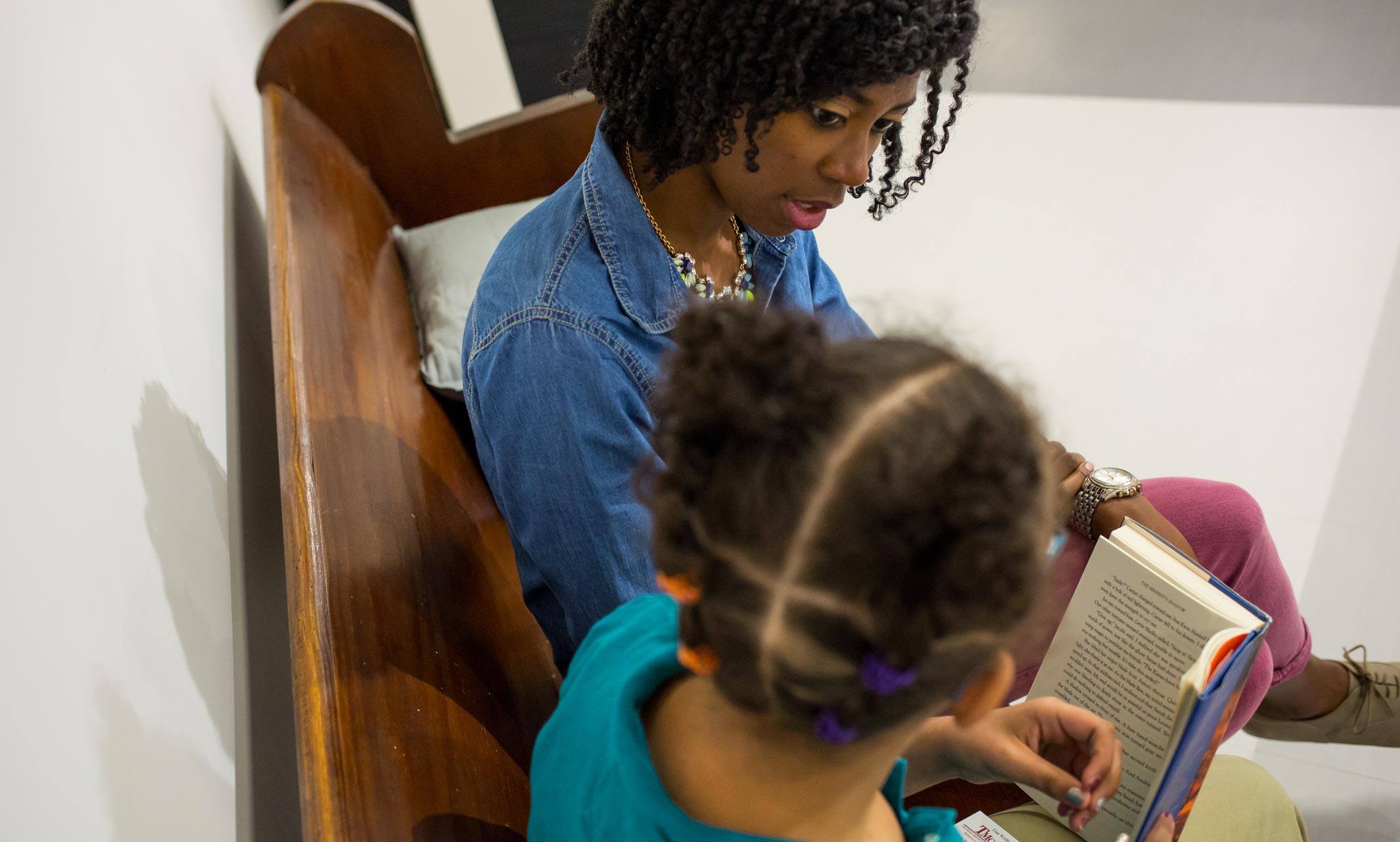Graduates of all-girls schools have a definitive edge over their coeducated peers in academic achievement, community involvement and self-confidence in the sciences, according to research led by a School of Education professor at the University of Missouri-Kansas City.
Tiffani Riggers-Piehl, assistant professor of higher education at UMKC, was principal investigator of the study in collaboration with the Higher Education Research Institute (HERI) at the University of California-Los Angeles. The study, Fostering Academic and Social Engagement: An Investigation into the Effects of All-Girls Education in the Transition to University, shows statistically significant advantages for girls’ school graduates. The study used sophisticated multilevel modeling to separate the effect of an all-girls education from other influences including socioeconomic differences, race/ethnicity, parent education and the characteristics of the high schools attended.
Riggers-Piehl and her colleagues note the data reveals “a consistent portrait of girls’ school graduates who are more engaged academically and socially than their coeducated peers.” Commissioned by the National Coalition of Girls’ Schools, the study is an update of a 2009 HERI report that was originally conducted by Linda Sax of UCLA with colleagues, including Riggers-Piehl.
The new study identifies several key areas in which all-girls schools are better preparing their students for success in university and beyond. Based on the reported data, the researchers concluded that when compared to their female peers at coed schools, girls’ school graduates:
- Have stronger academic skills
- Are more academically engaged
- Demonstrate higher science self-confidence
- Display higher levels of cultural competency
- Express stronger community involvement
- Exhibit increased political engagement
Specifically, the research report identifies more than 80 statistically significant differences that favor graduates of all-girls schools when compared to female graduates of coed schools, such as:
- Girls’ school alumnae are 5 percentage points more likely than their coeducated peers to say they frequently seek alternative solutions to a problem and more frequently explore topics on their own, even when not required. More than two-thirds of girls’ school graduates report frequently supporting their arguments with logic, whereas coed school female graduates are 7 percentage points less likely to report this academic skill.
- Graduates of girls’ school are 7 percentage points more likely to frequently tutor other students and 6 percentage points more likely to frequently study with others.
- Girls’ school graduates, compared to students from coed schools, are 4 percentage points more likely to report they are “very confident” or “absolutely confident” in their understanding of scientific concepts and ability to explain the results of a study and use technical science skills such as tools, instruments and techniques.
- When asked about their ability to work and live in a diverse society, alumnae from all-girls schools are nearly 10 percentage points more likely to have the goal of helping promote racial understanding, and 75 percent of respondents from all-girls schools desire to improve their understanding of other countries and cultures, compared to 70 percent of their coeducated peers. Half of girls’ school graduates, compared to 45 percent of female students from coed schools, count their tolerance of others with different beliefs as a strength. Girls’ school alumnae are 6 percentage points more likely to note their ability to work cooperatively with diverse people as a strength.
- Girls’ school graduates are 8 percentage points more likely to have a goal of participating in community action programs and are 5 percentage points more likely to think it is “very important” or “essential” to become involved in environmentally minded programs. Alumnae of all-girls schools more frequently participate in volunteer work compared to their coeducated peers—52 versus 47 percent.
- Women who attended all-girls schools are 5 percentage points more likely than coeducated graduates to plan to vote in elections and to publicly communicate their opinion about a cause. Considering their political engagement, graduates from all-girls schools are 7 percentage points more likely to think it is “very important” to have the goal of keeping up-to-date with political affairs.

